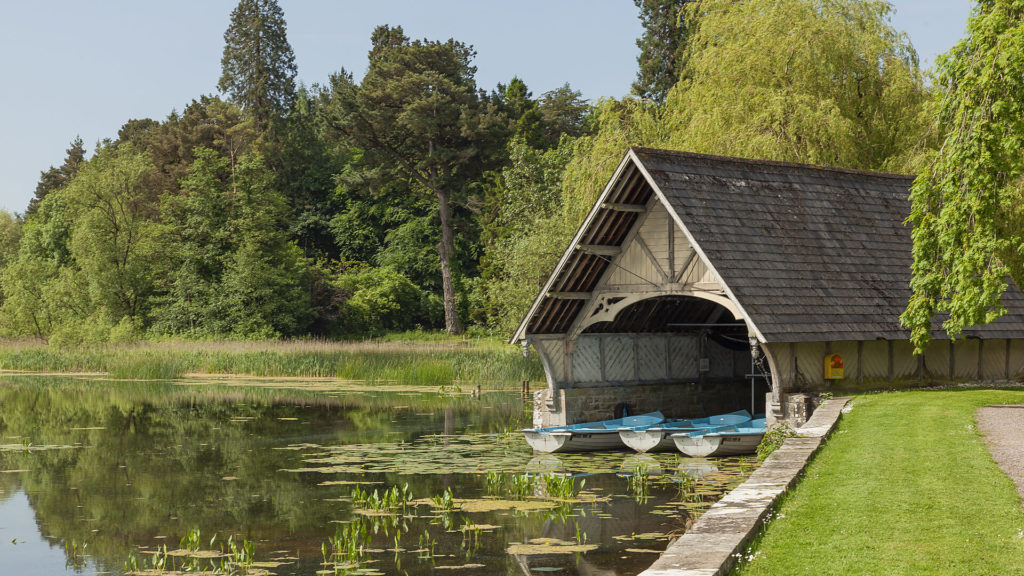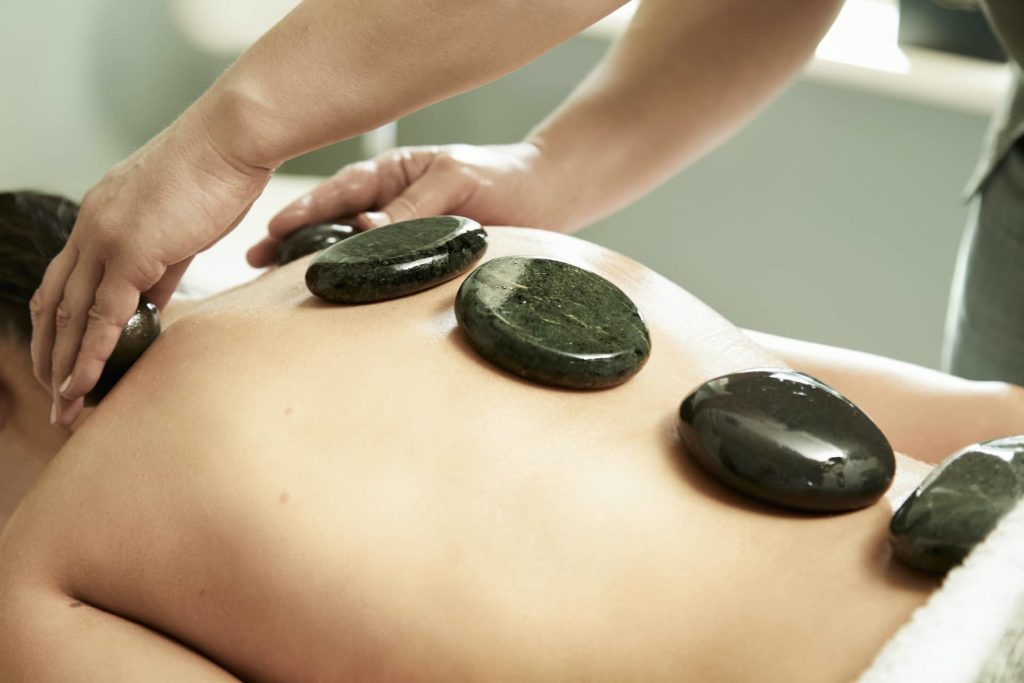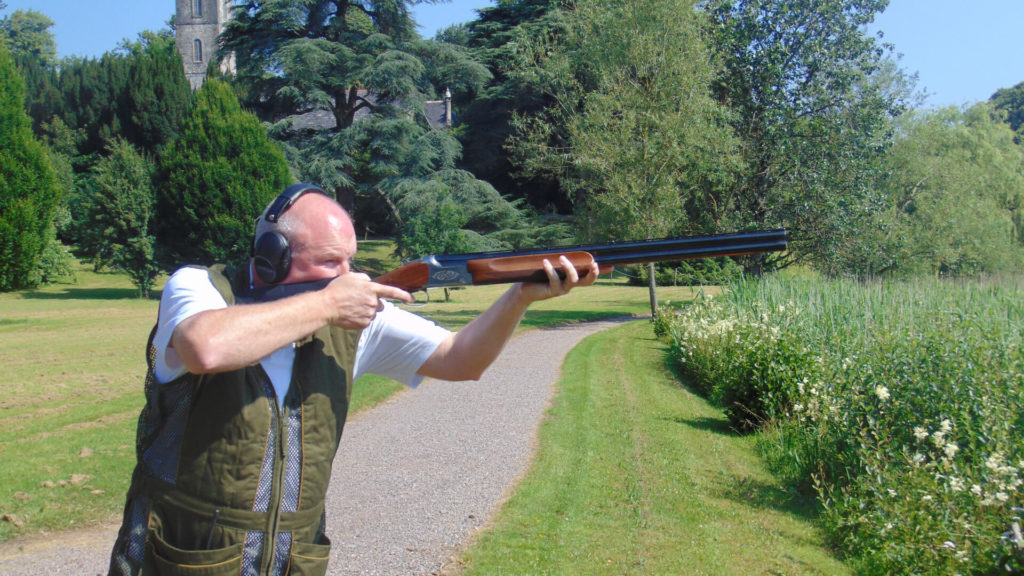by Jenny Richardson, BHSAI
Our head trainer Jenny Richardson BHSIA teaches many guests and clients here at Castle Leslie Estate’s wonderful Equestrian Centre. She says that, just like the horses at the Estate’s world-leading riding centre, many of us are winding our own horses down for winter now.
Our hard-working horses at the Castle Leslie Estate Equestrian Centre will shortly be enjoying a well-earned break from holiday visitors. As autumn continues, many horses will be wound down for the season, as competitions become more scarce, and the nights draw in. Here in Ireland, our eventing calendar is now fairly quiet, until Ballindenisk and Millstreet in March. This break for many competitive horses results in changes to their management routine, including workload and feeding, which of course are intrinsically linked, and also extra considerations like rugging, stabling and the management of boredom.
So, what are the challenges we all face in terms of ‘winding down’ a horse’s routine, or even ‘turning away’ completely?
1. When the horse ‘winds down’ his fitness programme this brings an increased chance of injury due to reduced fitness levels. A common problem is tripping or over-reaching, due to laziness or lack of concentration – fit protective leg boots when riding, to be on the safe side.
2. Another potential problem is muscle strain due to insufficient warm up at the beginning of a training session. Consider riding in an exercise sheet in cold weather to keep the horse’s back and quarters warm.
3. In addition, there is the need for a revised feeding programme as the horse adapts to his new work level – make sure your rug wardrobe is up to date!
4. Furthermore, cold spells later on in the year may bring slippery ice and frozen ground, so there is also the added possibility of slipping or jarring the horse’s limbs.
The science bit
Studies have shown that the horse’s functional muscle capacity, e.g. the capacity to utilise oxygen, is usually well maintained as the horse goes through ‘winding down’. The respiratory ability to take in oxygen also tends to be well maintained. However, enzymes in the skeletal muscles do return to their pre-training levels after just five weeks of winding down. These enzymes break down glucose for energy and create glycosis, when glucose and oxygen are converted into the fuel molecule ATP for energy. The ATP is stored in the horse’s muscles and allows the muscles to contract intensely for longer periods. Energy enzyme levels increase with training and decrease at ‘wind down’, meaning that the ‘winding down’ should be conducted gradually to allow all of the horse’s systems to adapt properly.
Essentially, the longer the horse has been in training, the longer his fitness is generally maintained during detraining. If the horse decreases his fitness gradually and consistently over a period of four to six weeks, followed by a long term period of maintenance work, he will ‘wind down’ safely and his systems will adapt properly.
How do the horse’s systems adapt to a reduced workload?
Cardiovascular and muscular systems – warm up and cool down periods must be adapted and hard, fast work must be significantly reduced.
Bones, tendons and ligaments – hard, fast work must be reduced as fitness decreases, or limb injuries could occur.
Nervous system – the horse could tire more quickly, potentially resulting in over-reaching or stumbling.
Therefore, reduce workload gradually over four to six weeks. (Just in time for the Christmas break!) Generally speaking, schooling sessions around three times a week will keep the horse ‘ticking over’, providing he is also getting sufficient exercise in the field. As the horse winds down his fitness levels, his feeding regime should be adapted to include higher levels of fibre to ensure good digestion and also maintain body temperature.
We offer luxurious equestrian holidays in the heart of Ireland. Visit www.castleleslie.com for more details.
For articles and info on equestrian matters please visit our friends at www.pegasus-magazine.co.uk . Visit the site to Discover More and read horsey articles.





















Recent Comments